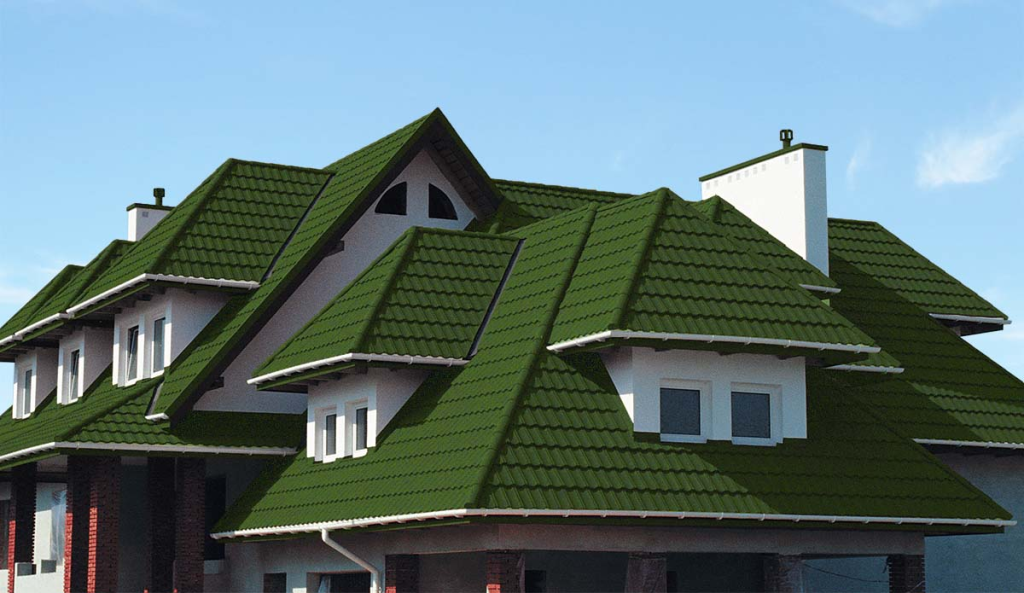Expansion screws, also known as expansion anchors or expansion bolts, are used to secure objects to materials like concrete, brick, and other masonry surfaces. Here are the main types of expansion screws:

1. Wedge Anchors
Description:
- Wedge anchors consist of a threaded rod, a nut, a washer, and an expansion clip.
- The rod is inserted into a pre-drilled hole, and as the nut is tightened, the clip at the bottom expands outward, wedging against the sides of the hole.
Applications:
- Heavy-duty applications such as securing structural steel, machinery, and other heavy equipment to concrete.
- Suitable for use in solid materials like concrete, not recommended for brick or hollow block.
Advantages:
- High holding power and resistance to pull-out and shear forces.
- Suitable for dynamic loads and vibratory conditions.
2. Sleeve Anchors
Description:
- Comprise a threaded bolt surrounded by an expanding sleeve.
- When the bolt is tightened, the sleeve expands outward, anchoring itself into the hole.
Applications:
- Versatile and can be used in concrete, brick, and block.
- Suitable for medium to heavy-duty applications such as securing handrails, light poles, and support brackets.
Advantages:
- Versatility in various base materials.
- Can be used with different head styles (hex, round, flat, etc.) for various aesthetic and functional requirements.
3. Drop-In Anchors
Description:
- Drop-in anchors are cylindrical and feature an internal thread.
- A setting tool is used to expand the bottom of the anchor after it’s placed in a pre-drilled hole.
Applications:
- Overhead applications such as hanging pipes, sprinkler systems, and suspended ceilings.
- Securing threaded rods in concrete floors and ceilings.
Advantages:
- Flush with the surface after installation, allowing for a smooth finish.
- Excellent for overhead and vertical applications.
4. Concrete Screws (Tapcon® Screws)
Description:
- Self-tapping screws specifically designed for use in concrete, masonry, or brick.
- Feature a high-low thread design that cuts into the material to form its own threads.
Applications:
- Medium-duty applications such as mounting electrical boxes, conduit, and light fixtures directly to concrete.
- No additional anchor needed, making installation faster and simpler.
Advantages:
- Easy and quick installation without the need for a separate anchor.
- Removable and reusable if needed.
5. Lag Shield Anchors
Description:
- Short, cylindrical sleeves made of soft metal like zinc or lead.
- A lag screw is driven into the shield, causing it to expand and grip the sides of the hole.
Applications:
- Light to medium-duty applications in masonry, including brick, block, and concrete.
- Suitable for securing light fixtures, furring strips, and frames.
Advantages:
- Can be used in both hollow and solid masonry materials.
- Resistant to rust and corrosion due to the materials used.
6. Plastic Expansion Anchors
Description:
- Made of plastic and expand when a screw is driven into them, creating a tight grip.
- Available in various shapes and sizes to match screw diameter and wall thickness.
Applications:
- Light-duty applications in drywall, plaster, and light masonry.
- Ideal for hanging pictures, mirrors, and light shelves.
Advantages:
- Inexpensive and easy to install.
- Widely available in different sizes and shapes for various uses.
7. Machine Screw Anchors
Description:
- Consist of a machine-threaded screw and an internally threaded expansion shield.
- When the screw is tightened, the shield expands and anchors itself.
Applications:
- Securing machinery and heavy fixtures to concrete and brick.
- Suitable for applications requiring a flush finish.
Advantages:
- Strong and secure anchoring for heavy loads.
- Can be used with machine screws for precise fastening.
8. Hammer Drive Anchors
Description:
- Driven into a pre-drilled hole with a hammer, the anchor body expands and secures itself.
- Typically have a tamper-proof head for added security.
Applications:
- Light-duty applications in concrete and masonry, such as securing metal fixtures, electrical boxes, and signs.
- Ideal for quick and simple installations.
Advantages:
- Fast installation with just a hammer.
- Provides tamper-proof security once installed.

Each of these expansion screws has unique features and benefits, making them suitable for specific applications and materials. Choosing the right type depends on the load requirements, the base material, and the installation environment.


